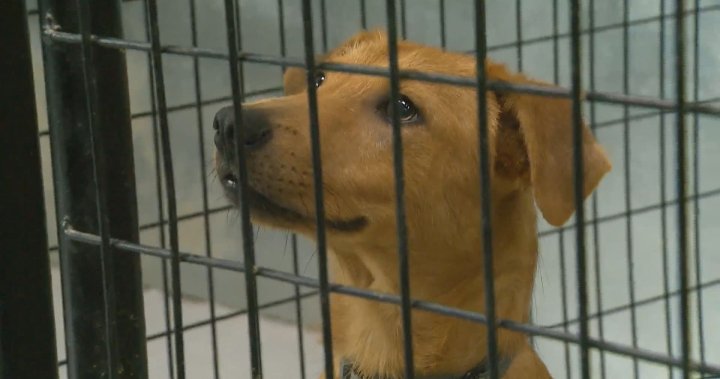An unprecedented disease outbreak has devastated a southern Alberta animal rescue, claiming the lives of 16 dogs and pushing the organization to the brink of financial collapse. The double blow of canine distemper and parvovirus has left volunteers at Barcs Rescue emotionally shattered while highlighting a critical public health message for pet owners across Canada.
“We’ve never seen anything like this in our nine years of operation,” said Tracy Babiak, co-founder of the Barnwell-based rescue organization. “Eight dogs lost to distemper and eight more to parvo in just weeks — it’s been absolutely heartbreaking for everyone involved.”
The crisis began in late February when a litter of puppies from a rural property near Medicine Hat began showing symptoms of illness shortly after arrival. Despite immediate veterinary intervention, the highly contagious nature of both diseases led to rapid spread throughout the facility.
Canine distemper attacks multiple body systems, causing respiratory issues, gastrointestinal problems, and eventually neurological damage. Parvovirus, equally devastating, destroys the intestinal lining, leading to severe dehydration and often death in unvaccinated animals. Both diseases spread rapidly through direct contact with bodily fluids.
“Each case required isolation, intensive supportive care, and round-the-clock monitoring,” explained Dr. Melissa Hanson, a veterinarian who assisted during the outbreak. “The rescue team was doing everything right, but these viruses are extraordinarily resilient and challenging to contain once introduced to a population of vulnerable animals.”
The financial impact has been staggering. Treatment costs have exceeded $20,000, depleting the rescue’s emergency funds and forcing the organization to launch an urgent fundraising campaign through their website to continue operations.
This outbreak serves as a stark reminder of the critical importance of vaccination, according to the Canadian Veterinary Medical Association. Both diseases are nearly 100% preventable with proper immunization protocols, yet remain prevalent in areas with low vaccination rates.
“What we’re seeing is a troubling trend of vaccine hesitancy extending into pet care,” noted Dr. James Wilson, an epidemiologist specializing in zoonotic diseases at the University of Calgary. “The science is absolutely clear — these vaccines save lives.”
The crisis coincides with reports from veterinary organizations across North America indicating a concerning decline in routine vaccination rates since 2020, potentially setting the stage for more widespread outbreaks.
For Babiak and her team, the focus now is on implementing even stricter intake protocols while continuing to care for the survivors. New arrivals face extended quarantine periods and comprehensive testing before integration with the general population.
“Every animal deserves protection from preventable suffering,” Babiak said, wiping away tears during our interview. “If there’s any silver lining to this tragedy, it’s the opportunity to remind people that vaccination isn’t just about protecting your own pet — it’s about protecting the entire community of animals.”
As Alberta’s pet rescue community rallies around Barcs Rescue with donations and support, the question remains: will this heartbreaking episode finally convince hesitant pet owners of the vital importance of routine vaccination, or are we witnessing just the beginning of a larger public health challenge that threatens companion animals across the country?










